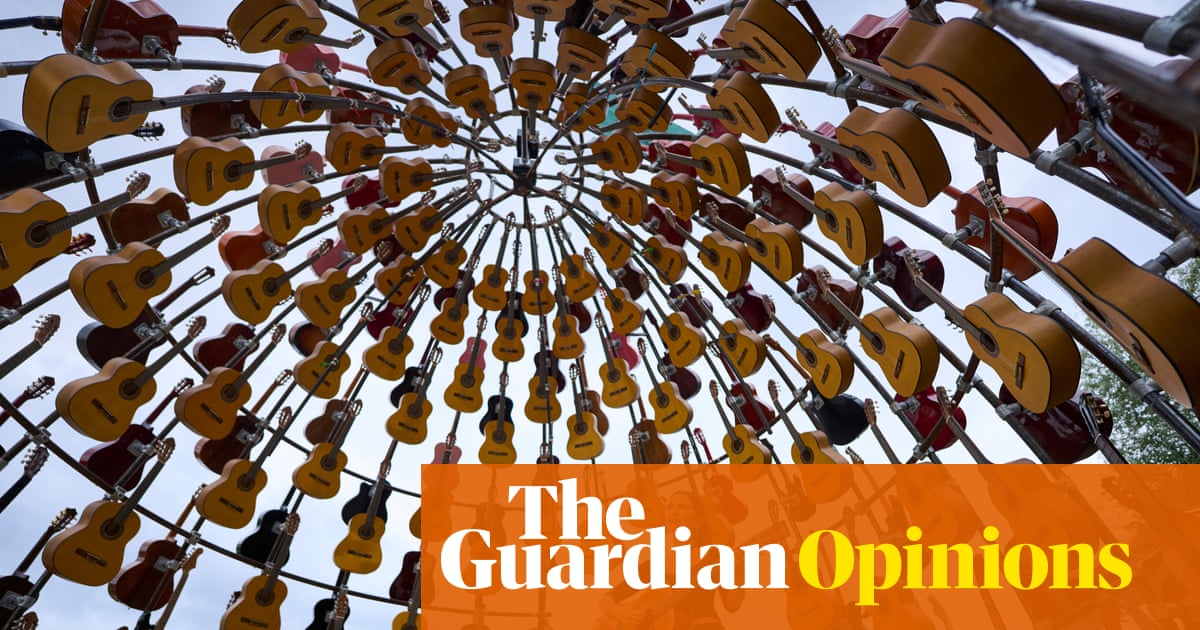
"The gradual gentrification of Britain's creative industries is a matter of record and an all too familiar theme. The alarm has repeatedly been sounded in recent years by senior figures in the arts. In 2022, Mark Rylance memorably questioned a distribution of cultural resources in which England's most famous public school enjoys the luxury of two theatres, while arts education is relentlessly downgraded in the state sector."
"One recent study found that between 2020 and 2023, working-class representation across the creative industries actually declined from 26% to a paltry 19%. In a country where issues of class and status have become politically volatile as Sir Keir Starmer rightly diagnosed during his keynote Labour conference speech on Tuesday this is deeply undesirable from every point of view. Culturally, it means the marginalisation of perspectives that can enrich the national conversation."
Britain's creative industries have undergone gradual gentrification, with working-class representation falling from 26% to 19% between 2020 and 2023. Concentration of cultural resources in privileged institutions coincides with declining arts education in the state sector. The contraction damages cultural diversity, reduces economic opportunity for the sector, and reinforces perceptions of a stratified society. Manchester will conduct a regional inquiry into the class ceiling in the arts, chaired by Nazir Afzal, aiming for a blueprint for change early next year. A locally led, joined-up strategy that leverages Manchester's working-class culture and devolutionary strengths is proposed to improve access for young people.
Read at www.theguardian.com
Unable to calculate read time
Collection
[
|
...
]